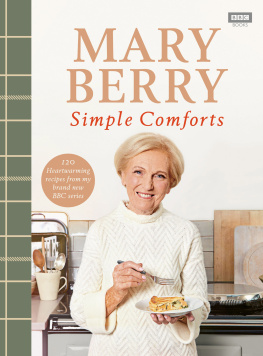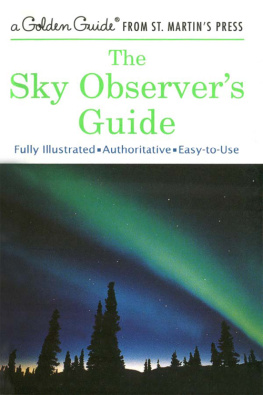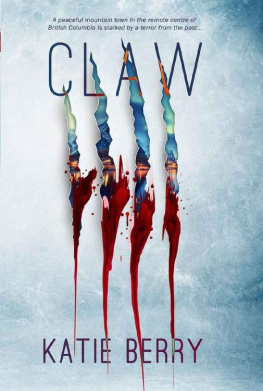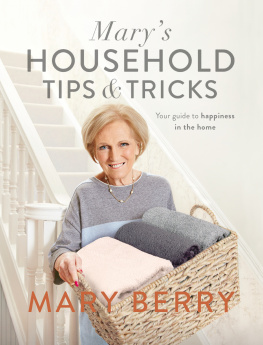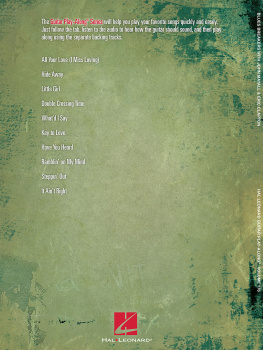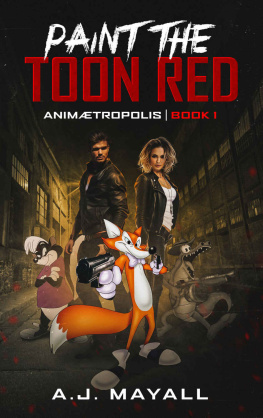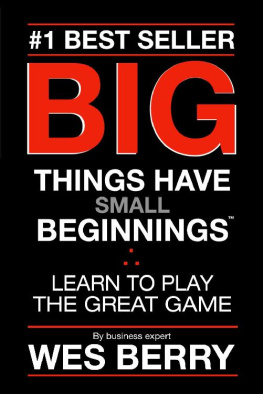Berry Mayall - You Can Help Your Country
Here you can read online Berry Mayall - You Can Help Your Country full text of the book (entire story) in english for free. Download pdf and epub, get meaning, cover and reviews about this ebook. year: 2020, publisher: UCL Press, genre: Politics. Description of the work, (preface) as well as reviews are available. Best literature library LitArk.com created for fans of good reading and offers a wide selection of genres:
Romance novel
Science fiction
Adventure
Detective
Science
History
Home and family
Prose
Art
Politics
Computer
Non-fiction
Religion
Business
Children
Humor
Choose a favorite category and find really read worthwhile books. Enjoy immersion in the world of imagination, feel the emotions of the characters or learn something new for yourself, make an fascinating discovery.

- Book:You Can Help Your Country
- Author:
- Publisher:UCL Press
- Genre:
- Year:2020
- Rating:5 / 5
- Favourites:Add to favourites
- Your mark:
- 100
- 1
- 2
- 3
- 4
- 5
You Can Help Your Country: summary, description and annotation
We offer to read an annotation, description, summary or preface (depends on what the author of the book "You Can Help Your Country" wrote himself). If you haven't found the necessary information about the book — write in the comments, we will try to find it.
You Can Help Your Country — read online for free the complete book (whole text) full work
Below is the text of the book, divided by pages. System saving the place of the last page read, allows you to conveniently read the book "You Can Help Your Country" online for free, without having to search again every time where you left off. Put a bookmark, and you can go to the page where you finished reading at any time.
Font size:
Interval:
Bookmark:

| ACF | Army Cadet Force |
| ARP | Air Raid Precautions (Department) |
| ATC | Air Training Corps |
| BBC | British Broadcasting Corporation |
| CCSB | Central Council for School Broadcasting |
| CORB | Childrens Overseas Reception Board |
| DES | Department for Education and Science |
| FBI | Federation of British Industries |
| GGA | Girl Guides Association |
| HMSO | Her Majestys Stationery Office |
| IOE | Institute of Education, University of London |
| IQ | Intelligence Quotient |
| JTSs | junior technical schools |
| LEA | local education authority |
| MERL | Museum of English Rural Life, Reading University |
| NEF | New Education Fellowship |
| NUT | National Union of Teachers |
| PP | Parliamentary Papers |
| SCF | Save the Children Fund |
| SHCAC | Schoolboy Harvest Camps Advisory Committee |
| SLA | School-leaving age |
| TES | Times Educational Supplement |
| TUC | Trades Union Congress |
| UNCRC | United Nations Convention on the Rights of the Child |
| USSR | Union of Soviet Socialist Republics |
| VE Day | Victory in Europe Day |
| VJ Day | Victory over Japan Day |
| WAAF | Womens Auxiliary Air Force |
| WAEC | War Agricultural Executive Committee |
| WEA | Workers Educational Association |
| WI | Womens Institute |
| WVS | Womens Voluntary Service |
| YAC | Youth Advisory Council |
Font size:
Interval:
Bookmark:
Similar books «You Can Help Your Country»
Look at similar books to You Can Help Your Country. We have selected literature similar in name and meaning in the hope of providing readers with more options to find new, interesting, not yet read works.
Discussion, reviews of the book You Can Help Your Country and just readers' own opinions. Leave your comments, write what you think about the work, its meaning or the main characters. Specify what exactly you liked and what you didn't like, and why you think so.



